The week's good news: December 5, 2019
It wasn't all bad!

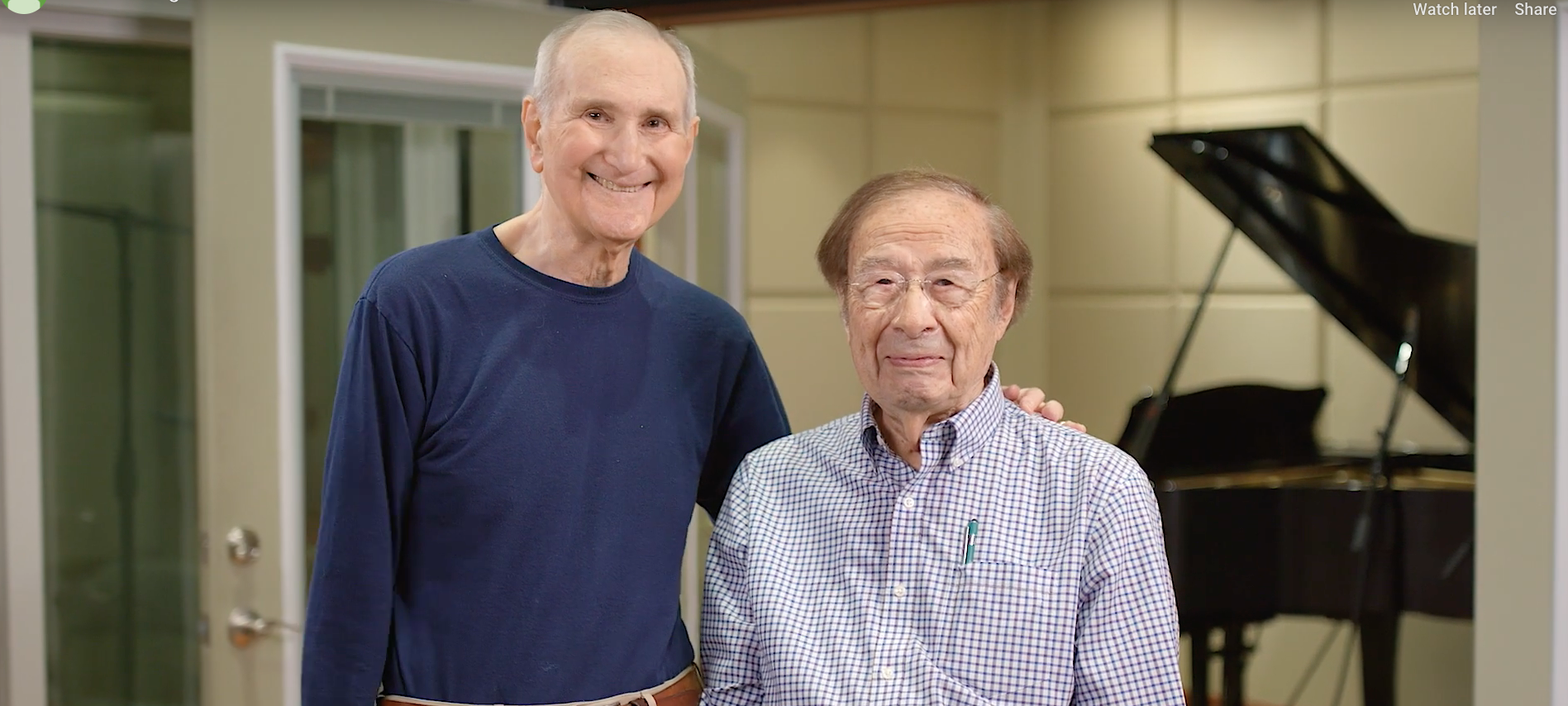
- 1. Senior neighbors join forces to write and produce their 1st album
- 2. Electric eel lights up aquarium's Christmas tree
- 3. Indiana family turns holiday tradition into fundraiser for cancer research
- 4. Study shows trickle-down benefits of donating cash to impoverished families
- 5. Researchers find new tool in coral reef restoration: underwater speakers
A free daily email with the biggest news stories of the day – and the best features from TheWeek.com
You are now subscribed
Your newsletter sign-up was successful
1. Senior neighbors join forces to write and produce their 1st album
The unexpected musical partnership between Alan Tripp, 102, and Marvin Weisbord, 88, started with a poem. Tripp and Weisbord live in the same Pennsylvania retirement community, and right before he turned 100, Tripp penned a poem about life and growing old. As a birthday present, Weisbord surprised Tripp by setting it to music. The pair enjoyed the finished product so much they decided to start working on more original songs. In September, they hit the recording studio, and in November, the duo released their 8-song album, Senior Song Book. The tunes are reminiscent of the music they listened to in the 1940s, with "lyrics telling stories about what our lives are like now," Weisbord told The Washington Post. They spend roughly 30 to 40 hours every week on their music. "I've never had so much fun in my life, and I never expected to be doing this in my old age," Weisbord said.
2. Electric eel lights up aquarium's Christmas tree
The Tennessee Aquarium thinks people will be shocked once they learn how an electric eel named Miguel Wattson is lighting up a Christmas tree. Miguel Wattson releases low-voltage discharges when he is looking for food, and higher ones when he is eating or excited, aquarist Kimberly Hurt said. The aquarium attached sensors to his tank that are able to pick up when he produces electricity, and to celebrate the holidays, staffers connected the sensors to a strand of lights on a Christmas tree. The electricity Miguel Wattson generates is not actually turning the tree's lights on, Hurt clarified to NPR, but the sensors and other equipment are "translating when he's producing electricity to the lights." The aquarium hopes that by bringing attention to the eel, people will "be interested in these animals and interested in protecting the waters that they live in," Hurt said.
The Week
Escape your echo chamber. Get the facts behind the news, plus analysis from multiple perspectives.

Sign up for The Week's Free Newsletters
From our morning news briefing to a weekly Good News Newsletter, get the best of The Week delivered directly to your inbox.
From our morning news briefing to a weekly Good News Newsletter, get the best of The Week delivered directly to your inbox.
3. Indiana family turns holiday tradition into fundraiser for cancer research
Every year, the Maiers family celebrates Thanksgiving with mimosas, delivering drinks to their neighbors. For 2019, they decided to do things a little differently — and in the process, raised $22,000 for cancer research. Nancy Maiers, 71, went through chemotherapy, radiation, and surgery earlier this year for a brain tumor, and in September, found out that it came back. Her grandson, Parker Maiers, 12, thought they should transform their Thanksgiving tradition into a fundraiser, and turned it into the Mimosa March, a one-mile walk to raise money for the National Brain Tumor Society. On Thanksgiving, more than 100 people participated in the Mimosa March, making their way through the streets of Carmel, Indiana. Each ticket was $30 and included a mimosa or plain orange juice, with extra donations welcomed. Parker Maiers told Good Morning America he wanted to honor his grandmother, a retired nurse, because she's "really nice and sweet and cares about others before herself."
4. Study shows trickle-down benefits of donating cash to impoverished families
Donating cash directly to people in impoverished areas could help more than just the direct recipients, a new study shows. Economists looked at 65,000 households in an impoverished area of Kenya, where one group received no aid and the other received a one-time cash grant of $1,000. They determined that every dollar in cash aid resulted in a $2.60 increase in local economic activity, effectively benefiting the recipients directly, and those in their community indirectly. The study, published in November on the National Bureau of Economic Research website, lasted 18 months, and researchers also found that those who received cash directly spent it on essentials, like food. Edward Miguel, the study's co-author and an economist at the University of California, Berkeley, said since much of that money goes to local businesses, "they sell more. They generate more revenue. And then eventually that gets passed on into labor earnings for their workers."
A free daily email with the biggest news stories of the day – and the best features from TheWeek.com
University of California, Berkeley
5. Researchers find new tool in coral reef restoration: underwater speakers
Coral reefs are surprisingly noisy places, but when they are degraded, they become eerily quiet. The lack of noise deters fish populations from settling in the dying reef, scientists say, further contributing to the decline. In an effort to return life to the many reefs ravaged by climate change, researchers from the U.K. and Australia installed underwater speakers in a section of the Great Barrier Reef. They projected the sounds of a healthy reef into a dying one, and diverse fish species from across the food chain flocked to the noise. The study was published last month in Nature Communications, and revealed that ailing reefs fitted with speakers had twice as many fish compared to dying reefs where no sounds were played. "Acoustic enrichment," as the researchers are calling the method, combined with habitat restoration and conservation measures, could help accelerate the ecosystem and restore coral reefs.
Catherine Garcia has worked as a senior writer at The Week since 2014. Her writing and reporting have appeared in Entertainment Weekly, The New York Times, Wirecutter, NBC News and "The Book of Jezebel," among others. She's a graduate of the University of Redlands and the Columbia University Graduate School of Journalism.
-
 Political cartoons for February 20
Political cartoons for February 20Cartoons Friday’s political cartoons include just the ice, winter games, and more
-
 Sepsis ‘breakthrough’: the world’s first targeted treatment?
Sepsis ‘breakthrough’: the world’s first targeted treatment?The Explainer New drug could reverse effects of sepsis, rather than trying to treat infection with antibiotics
-
 James Van Der Beek obituary: fresh-faced Dawson’s Creek star
James Van Der Beek obituary: fresh-faced Dawson’s Creek starIn The Spotlight Van Der Beek fronted one of the most successful teen dramas of the 90s – but his Dawson fame proved a double-edged sword
-
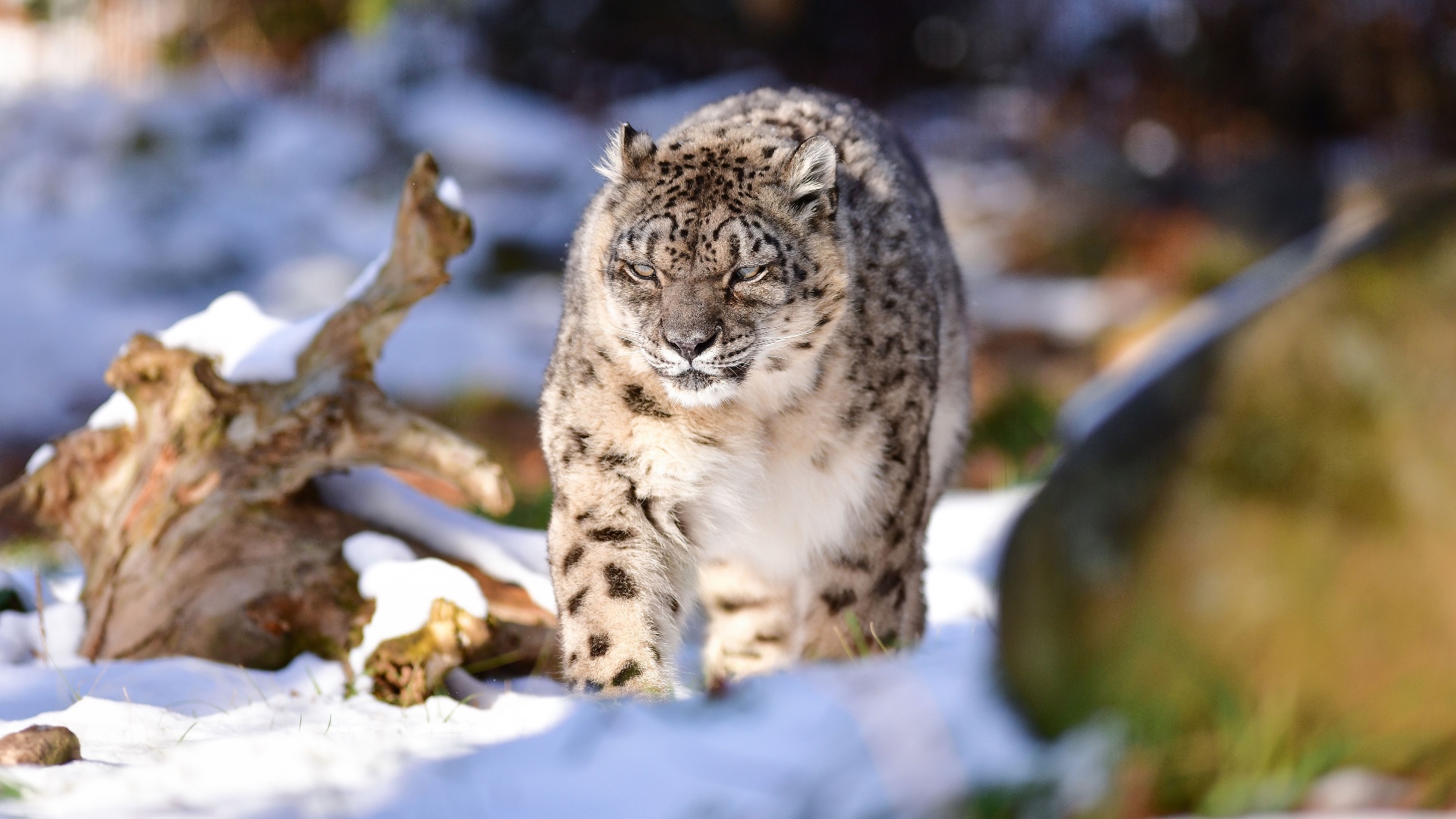 The week's good news: Sept. 21, 2023
The week's good news: Sept. 21, 2023It wasn't all bad!
-
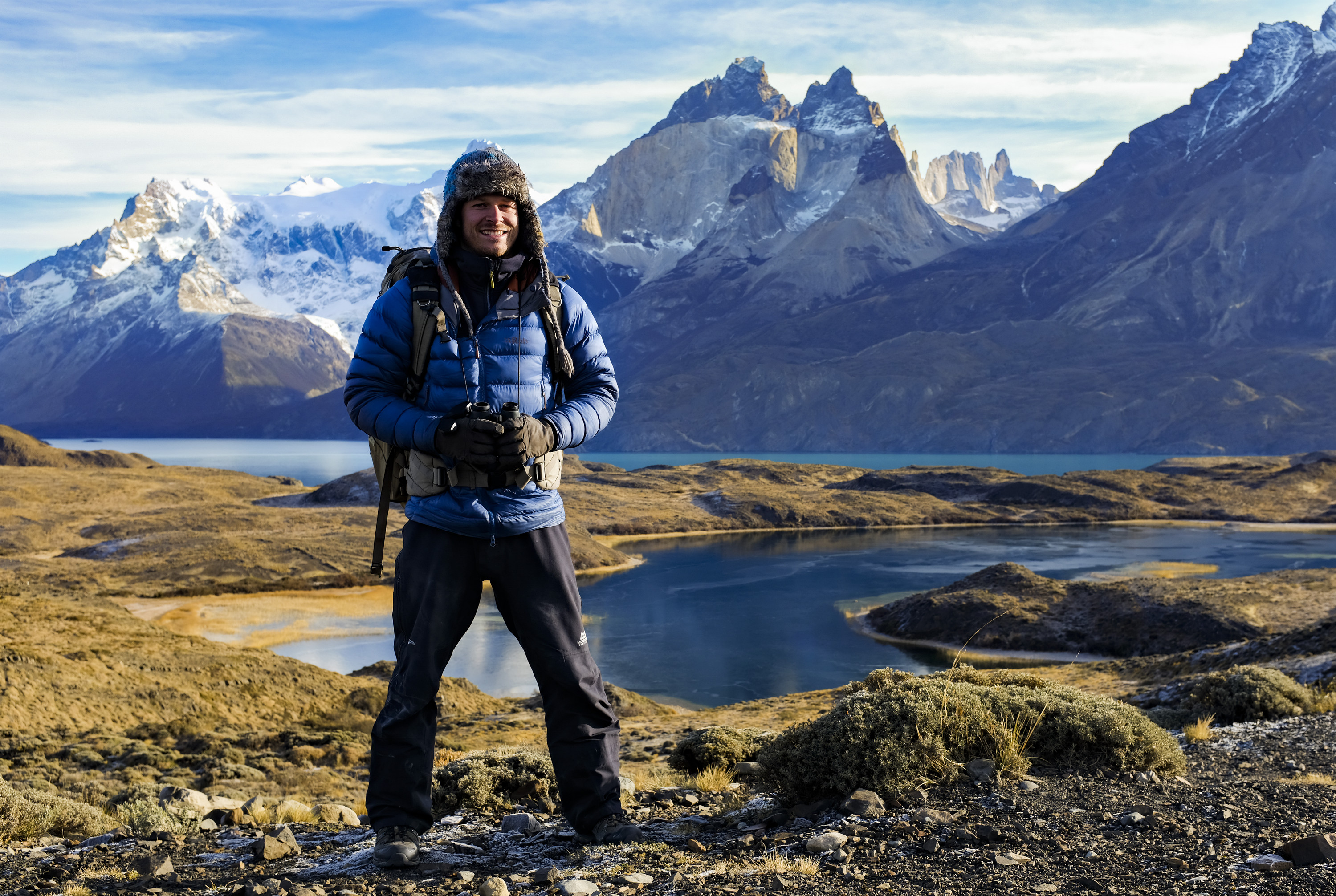 The week's good news: Sept. 14, 2023
The week's good news: Sept. 14, 2023It wasn't all bad!
-
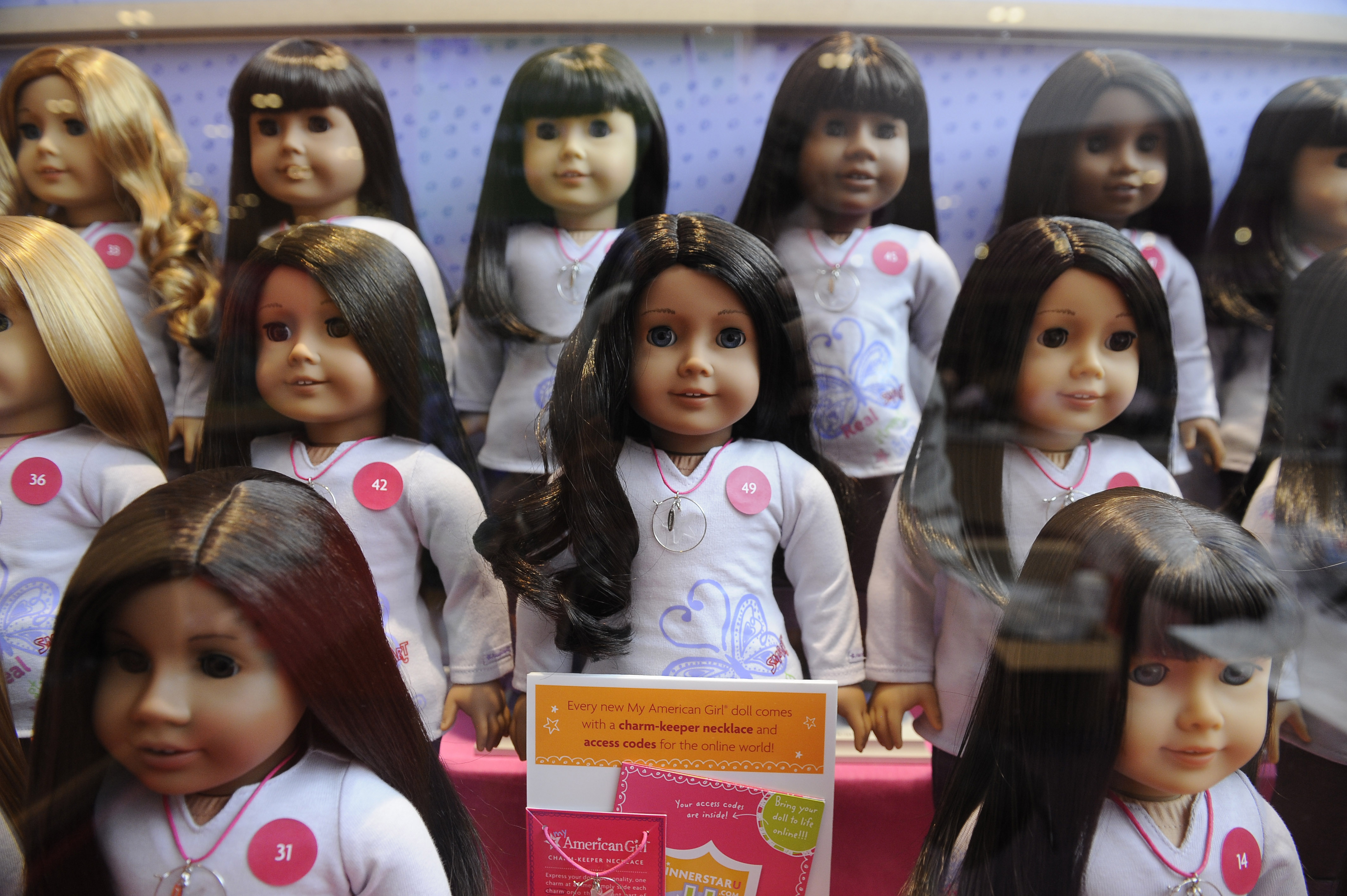 The week's good news: Sept. 7, 2023
The week's good news: Sept. 7, 2023feature It wasn't all bad!
-
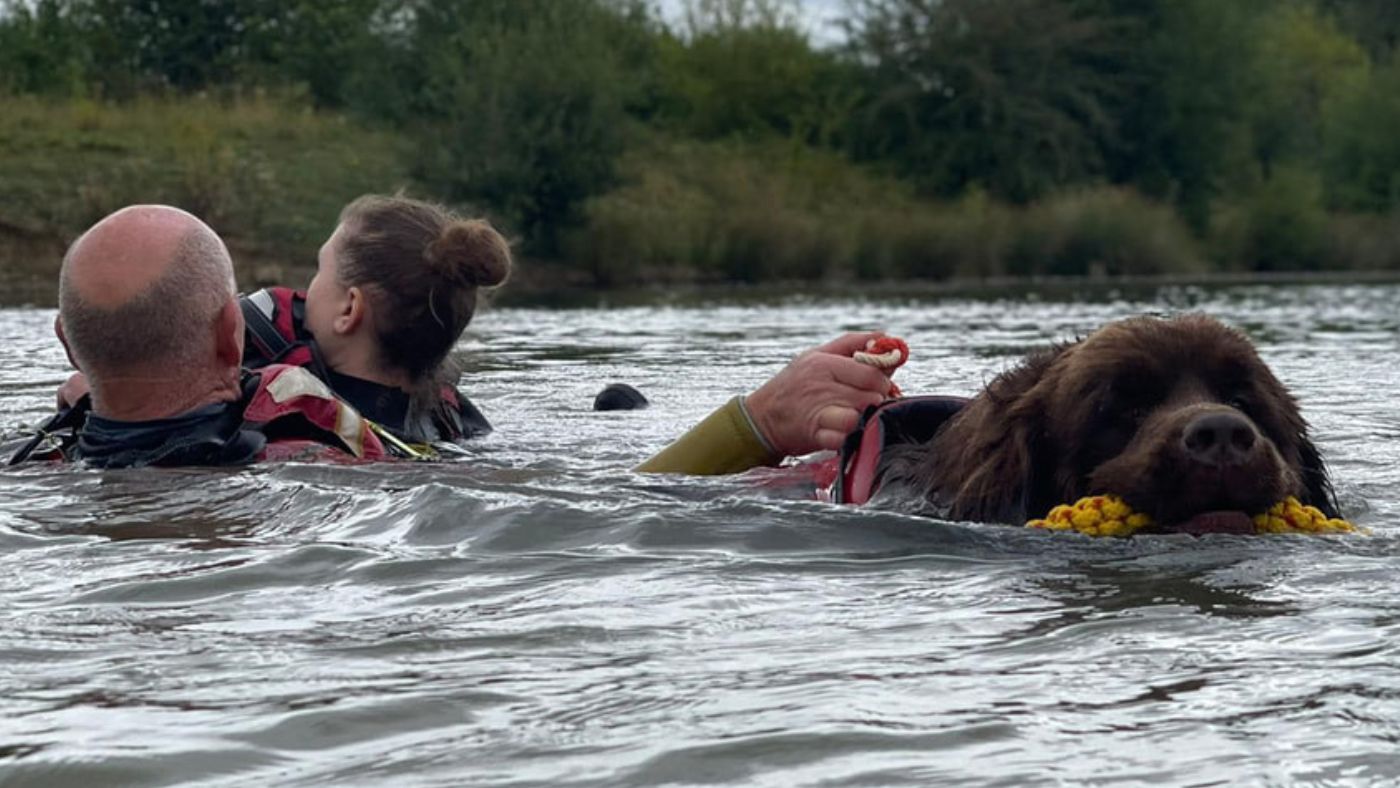 Lives transformed by swimming with Newfoundland dogs
Lives transformed by swimming with Newfoundland dogsfeature Good news stories from the past seven days
-
 The week's good news: August 31, 2023
The week's good news: August 31, 2023feature It wasn't all bad!
-
 The week's good news: August 17, 2023
The week's good news: August 17, 2023feature It wasn't all bad!
-
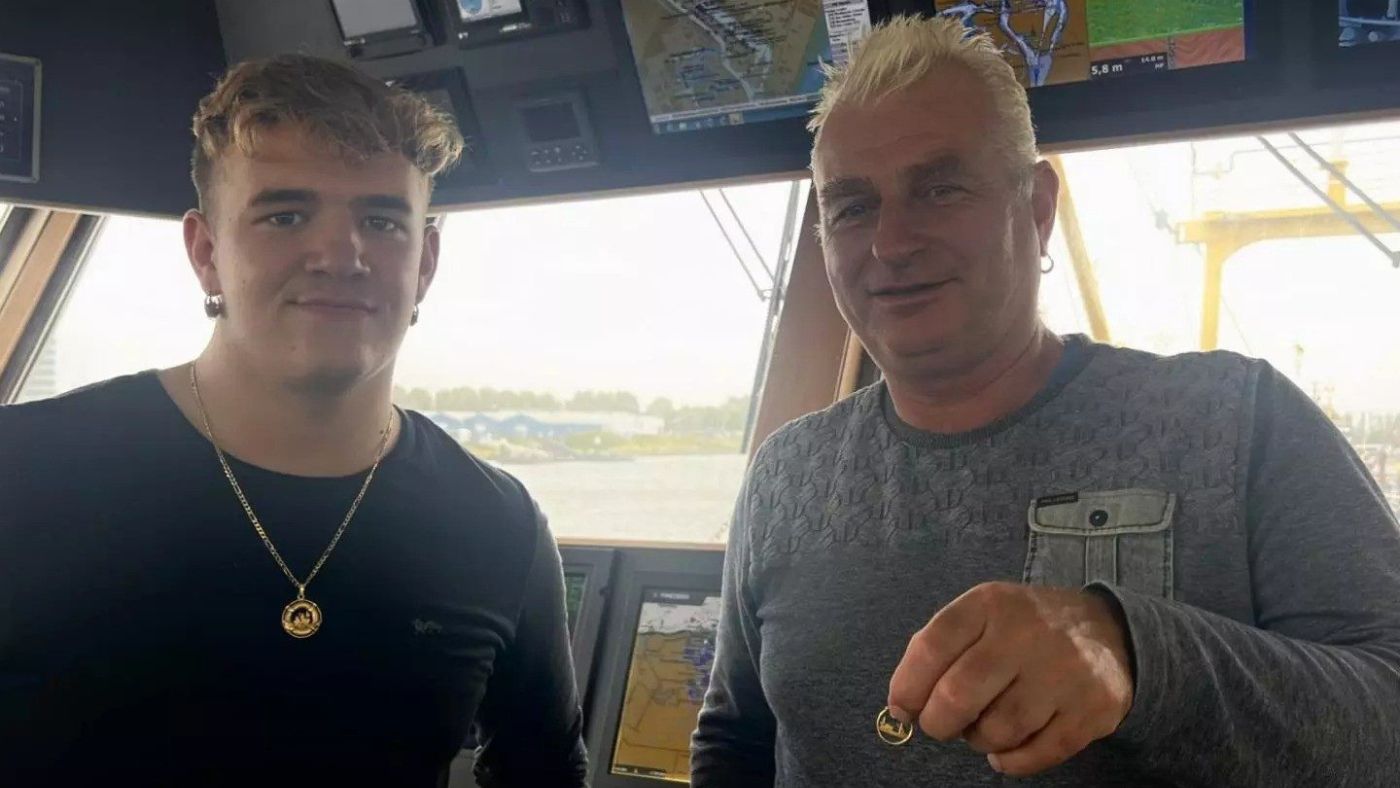 Earring lost at sea returned to fisherman after 23 years
Earring lost at sea returned to fisherman after 23 yearsfeature Good news stories from the past seven days
-
 Farmer plants 1.2m sunflowers as present for his wife
Farmer plants 1.2m sunflowers as present for his wifefeature Good news stories from the past seven days
